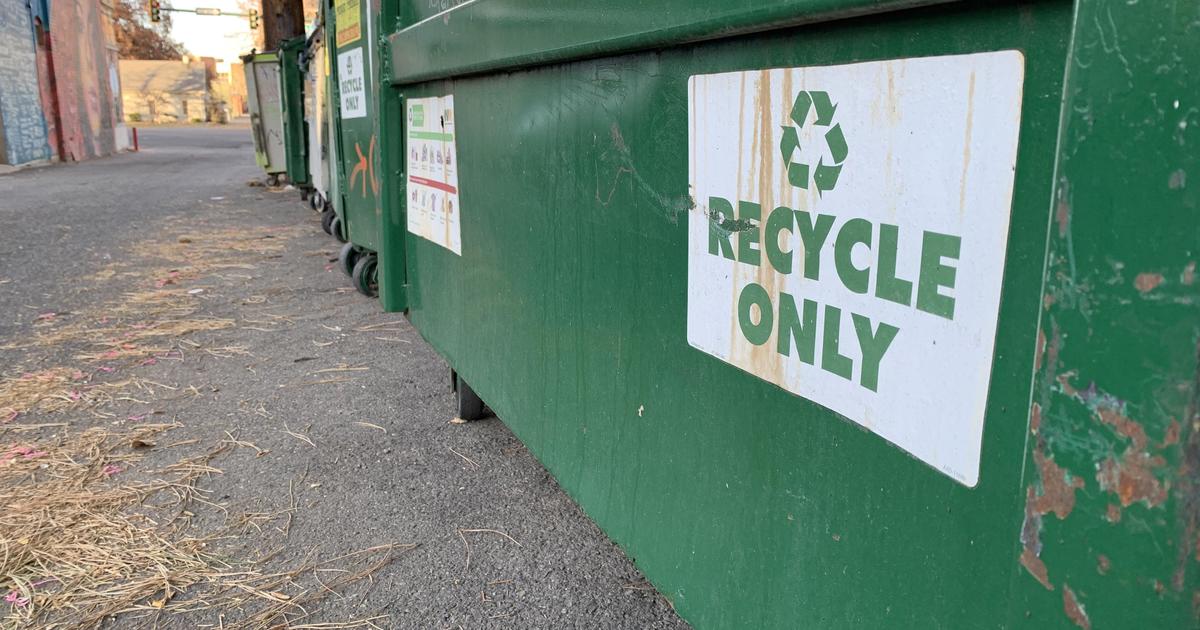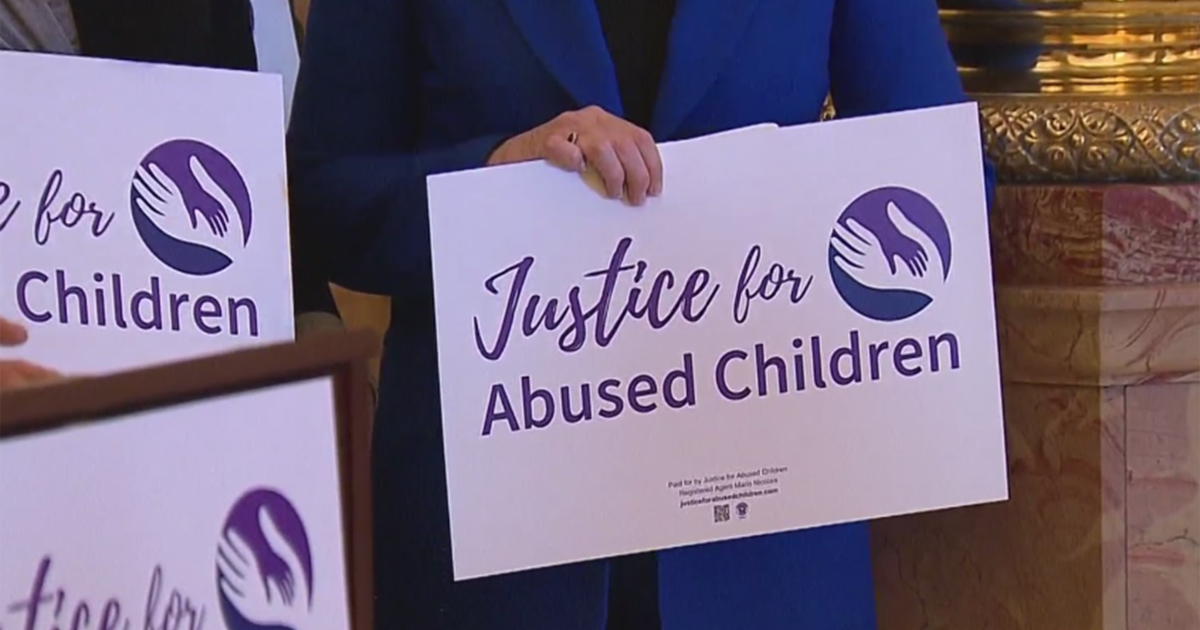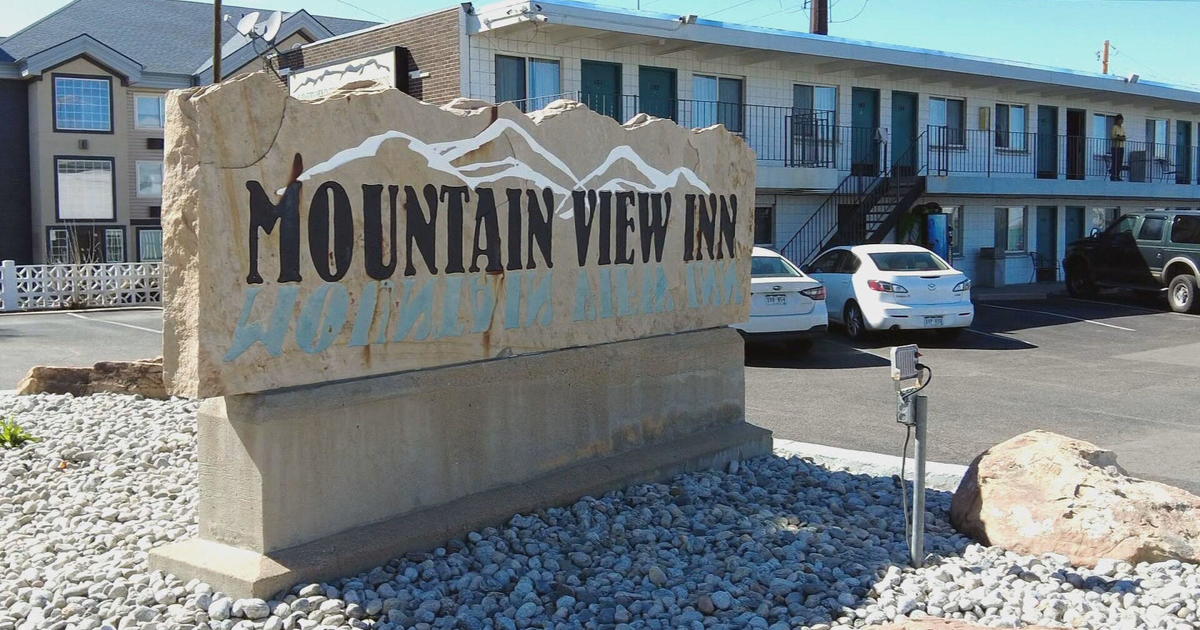Cost Of Defending Theater Shooting Suspect Kept Under Wraps
DENVER (AP) - As the Aurora theater shooting case moves closer to trial, taxpayer-funded attorneys for defendant James Holmes have revealed little about their case, including how much it has cost to defend him.
The 27-year-old former graduate student is represented by the Office of the State Public Defender because he can't afford private attorneys.
The secrecy highlights a debate over whether public defenders should have to disclose the costs of individual cases.
Frustrated lawmakers in Colorado drafted a bill that would have forced the lawyers to reveal the costs of cases but it failed Thursday in a committee.
Open records laws vary from state to state, but public defenders are rarely required to release the costs of defending a specific case, said Ernie Lewis, executive director for the National Association of Public Defense.
In states where defenders have hundreds of cases a year, it can be impossible to determine the exact cost of a specific case, he said.
Holmes has pleaded not guilty by reason of insanity to charges of killing 12 people and injuring 70 others in a Denver-area movie theater in 2012. His lawyers acknowledge he was the gunman but say he was in the grips of a psychotic episode.
Prosecutors are seeking the death penalty.
The Arapahoe County District Attorney's Office is required to disclose its expenses in the case and said it brought about $920,000 in extra costs.
But the public defenders have rebuffed all attempts to obtain their expenses. They cite attorney-client privilege and say they are exempt from state open-records laws.
Disclosure, they say, would unfairly tip prosecutors about how much is being spent on expert witnesses and investigative services.
"The confidentiality is critical to the ability for the public or private attorney to be able to zealously represent their client," said Denver defense attorney Karen Steinhauser, who isn't involved in the Holmes case but has been following it.
All defendants are entitled to that confidentiality, not just those who can afford a private attorney, she said.
Steven Zansberg, an attorney who has represented The Associated Press and other news organizations, said the public should know how much is spent by public defenders.
"The people of this state have a right to know how much tax money is being expended, and how it's being expended," said Zansberg, president of the Colorado Freedom of Information Coalition, which includes the AP.
The office of Colorado Public Defender Doug Wilson denies open-records requests for almost any information, not just inquiries about specific cases, said Democratic Rep. Rhonda Fields and Republican Rep. Polly Lawrence, who sponsored the disclosure bill.
Fields has said she can't access information on how much it cost to defend her son's killer, who was convicted and sentenced to death nearly a decade ago.
Wilson told lawmakers he hasn't received records requests aside from about 25 inquiries from media outlets seeking information about the Holmes case, not about office operations in general.
Wilson's office currently has an $83 million operating budget to cover 160,000 cases, according to its website, which does not provide further details.
The office cited a gag order, attorney-client privilege and state Supreme Court rules for declining to disclose its expenses to the AP.
Other federal, state and local agencies have spent at least $1.6 million in costs directly attributable to the Holmes case, according to records released by the agencies.
Costs incurred by the district attorney's office include $685,000 for an assistance program for victims and witnesses, and $220,000 for expert witnesses. The figure does not include salaries.
Spokeswoman Michelle Yi said seven people in the district attorney's office have worked on the case, including District Attorney George Brauchler, but the office does not keep records showing what portion of their time was devoted to it.
The cost of the victim assistance program is reimbursed through a federal grant and the state pays for the expert witnesses, she said.
Costs for the state judiciary system include grants for courtroom security; printing and mailing; office equipment and 10 new courtroom chairs to accommodate the 12 jurors and 12 alternates who will hear the case.
Law-enforcement agencies did not immediately respond to requests for their costs.
Jury selection in the Holmes case began Jan. 20. Opening statements are expected by early June.
By DAN ELLIOTT, Associated Press
(© Copyright 2015 The Associated Press. All Rights Reserved. This material may not be published, broadcast, rewritten or redistributed.)



